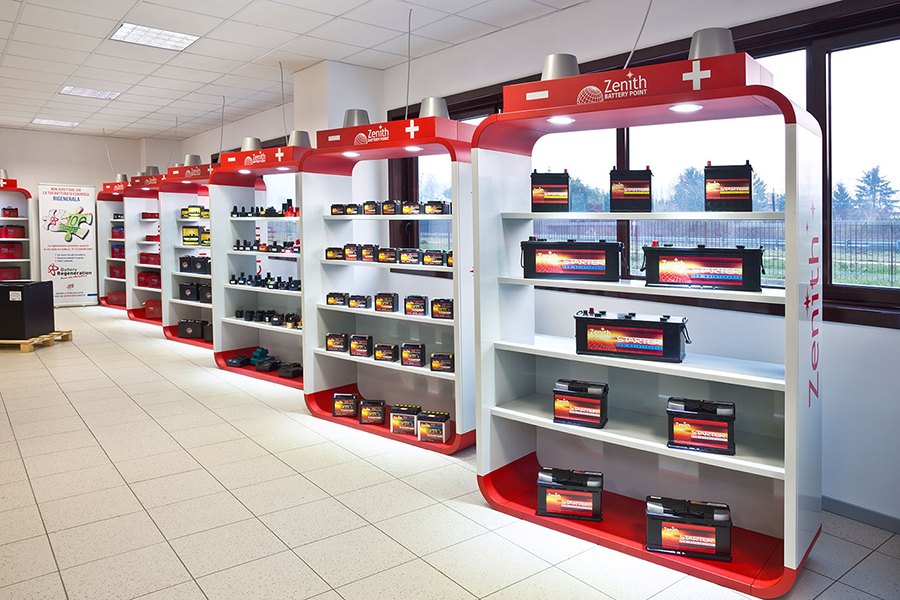In today’s fast-paced business world, companies need streamlined operations, real-time data access, and efficient decision-making. Enterprise Resource Planning (ERP) systems offer a powerful solution by integrating various business functions into a single system. Whether you run a small startup or a large enterprise, implementing ERP can significantly boost productivity and profitability.
What is ERP?
ERP (Enterprise Resource Planning) is a software system that helps businesses manage their core processes, including finance, HR, supply chain, manufacturing, sales, and customer service. It consolidates all operations into a unified database, eliminating data silos and improving efficiency.
Key Benefits of ERP in Business
1. Improved Efficiency
ERP automates repetitive tasks such as invoicing, payroll processing, and inventory management. This reduces manual errors and increases efficiency, allowing employees to focus on strategic work.
2. Better Decision-Making
With real-time data access and analytics, ERP provides business leaders with accurate insights. This helps in making informed decisions, forecasting market trends, and optimizing operations.
3. Cost Savings
By integrating different business functions, ERP eliminates the need for multiple software systems. This reduces IT and operational costs, ensuring better resource utilization.
4. Enhanced Collaboration
ERP enables seamless communication between departments, ensuring everyone works with the same updated data. This enhances teamwork and speeds up processes like order fulfillment and production planning.
5. Regulatory Compliance
Businesses must adhere to various industry regulations. ERP systems come with built-in compliance tools that ensure businesses meet legal, tax, and financial reporting requirements.
Key Features of an ERP System
- Accounting & Finance: Manages budgeting, financial reporting, and tax compliance.
- Supply Chain Management: Tracks inventory, procurement, and logistics.
- Human Resources (HR): Handles payroll, recruitment, and employee management.
- Customer Relationship Management (CRM): Enhances customer service and sales tracking.
- Manufacturing & Production: Streamlines production planning and quality control.
ERP Implementation: Things to Consider
1. Identify Business Needs
Before choosing an ERP, businesses must evaluate their pain points and operational requirements. This helps in selecting the right ERP software.
2. Choose the Right ERP System
There are various ERP solutions available, including SAP, Oracle, Microsoft Dynamics, and ERPNext. Businesses should pick one that aligns with their size, industry, and budget.
3. Plan for Data Migration
Transferring data from old systems to ERP is a critical step. Businesses must clean, organize, and back up data before migration.
4. Employee Training
ERP implementation success depends on employees. Proper training ensures smooth adoption and maximized benefits.
5. Continuous Monitoring & Upgrades
ERP systems require regular updates and monitoring to maintain efficiency and security. Businesses must stay updated with the latest features and improvements.
ERP for Small Businesses
Many believe ERP is only for large enterprises, but small businesses can also benefit. Cloud-based ERP solutions like ERPNext and Zoho ERP offer affordable, scalable, and easy-to-implement options for startups and SMEs.
Conclusion
ERP is a game-changer for businesses looking to streamline operations, reduce costs, and improve decision-making. Whether you’re a startup or a multinational company, investing in an ERP system can boost your efficiency and competitiveness in today’s dynamic market.
Are you planning to implement ERP in your business? Share your thoughts in the comments!








